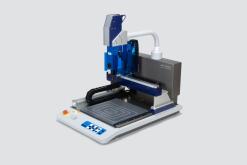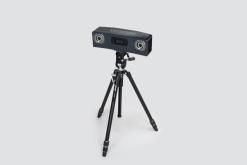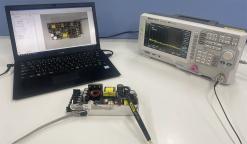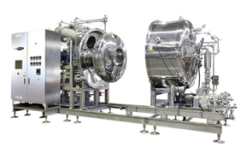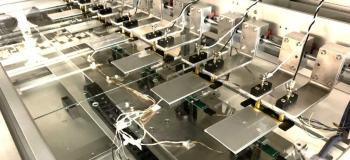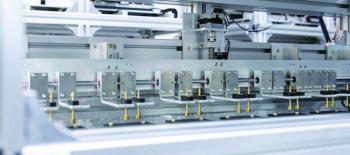Non-Destructive Battery Inspection System
Non-Destructive Battery Inspection System
Revolutionizing Battery Safety and Quality Control with IGS Technology
IGS offers the world’s first non-destructive battery inspection system capable of visualizing internal electric current density distribution. Built on advanced inverse analysis theory developed by Prof. Kenjiro Kimura (Kobe University), this proprietary technology enables highly accurate, scalable battery inspections for quality control, failure analysis, and ignition risk prediction.
Key Features
- Direct Internal Current Imaging: Instantly visualizes electric current non-uniformity in rechargeable batteries.
- Non-Destructive Testing: Uses alternating current and ultra-sensitive magnetic field sensors—no damage to tested cells.
- Early Fault Detection: Identifies latent defects, short circuits, and degradation points that conventional methods miss.
- Supports 100% In-Line Inspection: Inspects up to 100,000 cells per day before shipment.
Benefits at a Glance
| Feature | Advantage |
|---|---|
| 🔍 High Precision | Detects minute irregularities in electric current, even in passing batteries |
| 🧯 Ignition Risk Prevention | Identifies cells with potential for thermal runaway |
| 🔄 Scalable System | Adaptable for both R&D evaluation and full production line integration |
| 🔬 Failure Analysis Support | Ideal for root cause investigation of returned or defective cells |
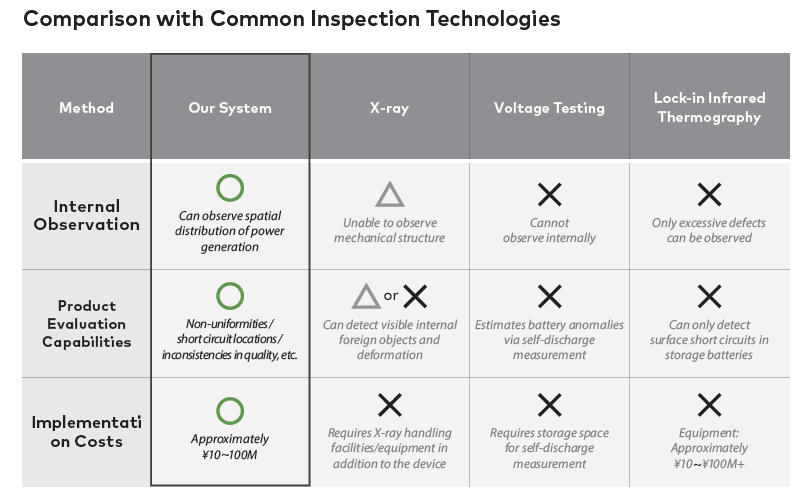
Inspection Process
- Apply Current: Alternating current is introduced to the battery.
- Measure Magnetic Field: An ultra-sensitive detector records the resulting field.
- Reconstruct Internal Current: The system calculates current density via proprietary inverse analysis.
- Visual Diagnosis: Software generates color-coded visualizations to identify defects.
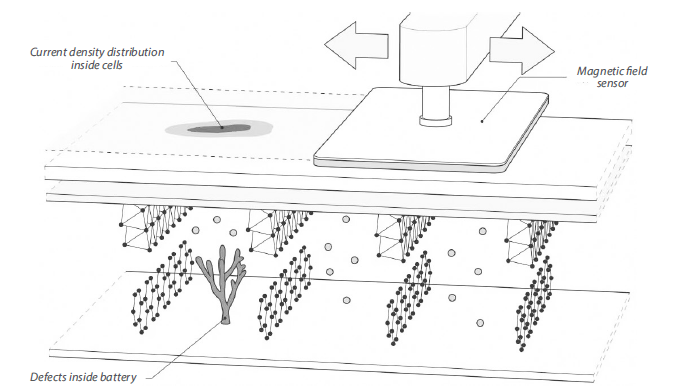

Evaluation Example
In tests on lithium-ion polymer cells:
- Regions of high current density correspond to degradation areas.
- Cells with higher “red area” coverage exhibit shorter cycle life, even when aging test results appear normal.
- Enables grading and risk indexing for predictive maintenance.
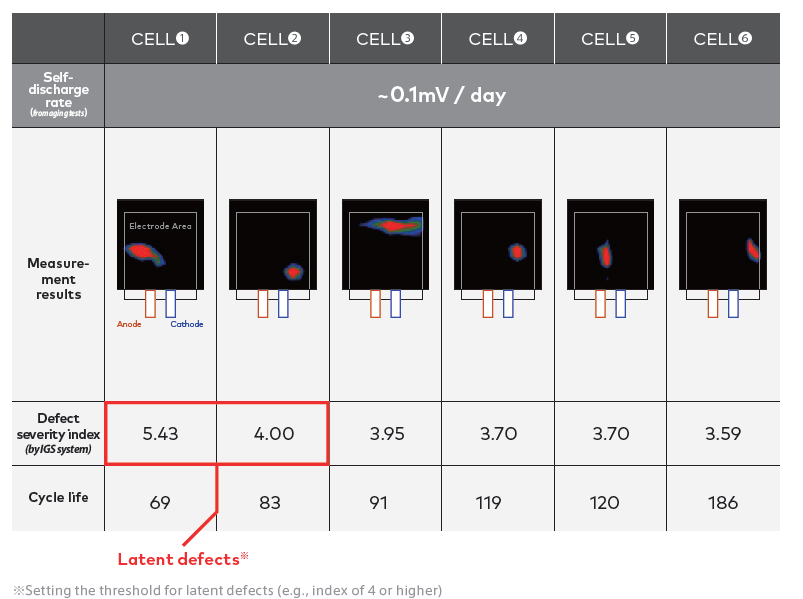
Product Applications
- EV battery manufacturing
- Solid-state battery development
- Consumer electronics QC
- Post-aging inspection
- Lab-based battery R&D
Deployment & Customization
- Step 1: Sample Test (~100 cells)
Evaluate internal current variance across samples
Timeline: ~2 months - Step 2: Pilot Installation (Extraction Inspection)
Test <1% of daily output for detailed fault analysis
Timeline: ~12 months - Step 3: Full Production Installation
All-cells inspection system integration
Timeline: 6 months
Specifications & Contact
Available in single-head and multi-head configurations for tailored throughput and sensitivity.
Manufacturer

Atlanta
1580 Boggs Rd.
Duluth, GA 30096
United States
Request for Quote
At Seika, we provide custom quotes tailored to meet your exact specifications, ensuring high-quality and reliable solutions for your manufacturing and industrial needs.
Related Products
At Seika, we provide custom quotes tailored to meet your exact specifications, ensuring high-quality and reliable solutions for your manufacturing and industrial needs.
